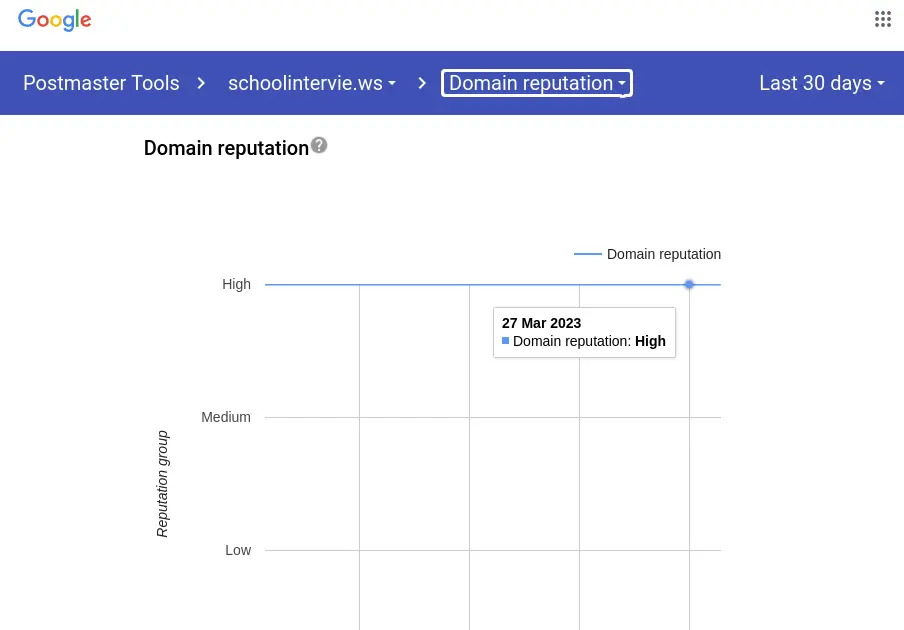You don’t know what clutter is but you do have a very cool rabbit.
- 3 Posts
- 20 Comments

 2·1 year ago
2·1 year agoFold, for sure. Actually pocketable, and secure once pocketed.

 1·1 year ago
1·1 year agoYou missing some context or something?
An influential 1966 symposium at the University of Chicago reinforced this idea. Attended by 70 men and five women…
Oh.

 0·1 year ago
0·1 year agoNo zoo does this. She was used for animal testing.

 5·1 year ago
5·1 year agobut maybe not something you want to put your life on the line over.
To be fair, their hubris usually only kills poor people so, progress?
I doubt he’s ignoring anything. And I know nothing but I think it’s a little unfair to bash him for this.
Meta does not need the Fediverse to create a ready-populated instance all of its own. It doesn’t need to federate with anyone, it can probably kill Twitter and Reddit with a single stone (if it pours enough resource into moderating and siloing). Just stick a fediwidget in every logged in account page with some thoughtful seeding of content and it’s done.
The danger of federating with Meta is much the same as not federating. It has such a massive userbase it will suck the lifeblood out of everywhere else whether or not it can see us.
The possible silver lining is that there are other very large corporates which can do the same (some of which have said they plan to). We could all end up with multiple logins on corporate instances simply because we have accounts with them for other reasons. And that means a lot of very large instances with name recognition, and easy access, making it much harder for any of them to stop federation and keep their users to themselves.
Being federated with one or more behemoths might well be hell. Some instances won’t do it. Moderation standards will be key for those that do. But multiple federated behemoths can hold each other hostage because their users can all jump ship to the competition so easily.
This is much, much more complicated than just boycott or not. They cannot be trusted one tiny fraction of an inch but this is coming whether we like it or not. We need to work out how to protect ourselves and I’m starting to think that encouraging every site with a user login to make the fediverse a widget on their account pages might be the very best way to do it.

 11·1 year ago
11·1 year agoIn solidarity with Naples’ economic losses, we must force every port to ban super yachts. Apart from Blackpool, which needs the cash.

 3·1 year ago
3·1 year agoMy thoughts exactly!
I found the link via this article from the always thoughtful A R Moxon*: What Is Lost
You’ll probably enjoy that too. :)
*@JuliusGoat @ mastodon. social
(extra spaces above to stop the instance removing all mention of itself from the visible post. WTF?)

 4·1 year ago
4·1 year agoYou can check their post history? Karma doesn’t tell you anything, really. Mine went up tenfold one day just because I replied to what ended up as the top post in a top thread in a much bigger sub than those I normally post in. Some people spend all their time in big subs making short, smart remarks that get a lot of karma, others spend their time in enemy territory battling people they disagree with. Some toxic people have a lot of karma because they hang out in toxic subs.
The problem to be solved is how to order threads. Old skool bulletin boards just bump the most recently replied one to the top. Which works well on an old skool bulletin board as long as it isn’t too large, but very badly on a big site where a few big active threads can drown out all the others.
I don’t know what the solution is. But the numbers don’t mean anything without checking the context. Karma is useful for ordering threads/comments, and giving users a bit of dopamine when they get some attention. But there (probably) are better ways to do it.

 1·1 year ago
1·1 year agoThat works surprisingly well. Although maybe turn the TV down …
Thank you!

 6·1 year ago
6·1 year agoThe high rate of failure to replicate is not, in and of itself, evidence of fraud. It’s primarily a problem with low power to detect plausible effects (ie small sample sizes). That’s not to say there isn’t much deliberate fraud or p-hacking going on, there’s far too much. But the so-called replication crisis was entirely predictable without needing to assume any wrongdoing. It happened primarily because most researchers don’t fully understand the statistics they are using.
There was a good paper published on this recently: Understanding the Replication Crisis as a Base Rate Fallacy
And this is a nice simple explanation of the base rate fallacy for anyone who can’t access the paper: The p value and the base rate fallacy
tl;dr p<0.05 does not mean what most researchers think it means
 11·1 year ago
11·1 year agoPut a pissmat in front of your bedroom door.
Perhaps show more affection towards your flatmate? I mean, I’m not saying you treat her like shit. But perhaps the dog needs to know you’re not a threat to her? Bring her food or something, I dunno.

 1·1 year ago
1·1 year agoIt does make some salient points, but it too is starting to feel a bit like astroturf.
Astroturf is created by billionaires to make it seem like a bunch of ordinary people agree with them. A legit article about several actual instances of corporations killing FOSS does not become astroturf just because a lot of ordinary people found it useful enough to post and cite.
The solution offered is not entirely clear but I read it as “do not federate with huge corporations because they will bury you”.

 1·1 year ago
1·1 year agoThere hasn’t even been an injury in 35 years in a non-military sub,”

 0·1 year ago
0·1 year agoAs expected, no Google user bated an eye. In fact, none of them realised. At worst, some of their contacts became offline. That was all. But for the XMPP federation, it was like the majority of users suddenly disappeared. Even XMPP die hard fanatics, like your servitor, had to create Google accounts to keep contact with friends. Remember: for them, we were simply offline. It was our fault.

 2·1 year ago
2·1 year agoVoat died because it was landed with a big chunk of the toxicity ejected from reddit. This isn’t the same thing at all.
The risk to the Fediverse from huge commercial players is described well here: How to Kill a Decentralised Network (such as the Fediverse)
In 2013, Google realised that most XMPP interactions were between Google Talk users anyway. They didn’t care about respecting a protocol they were not 100% in control. So they pulled the plug and announced they would not be federated anymore. And started a long quest to create a messenger, starting with Hangout (which was followed by Allo, Duo. I lost count after that).
As expected, no Google user bated an eye. In fact, none of them realised. At worst, some of their contacts became offline. That was all. But for the XMPP federation, it was like the majority of users suddenly disappeared. Even XMPP die hard fanatics, like your servitor, had to create Google accounts to keep contact with friends. Remember: for them, we were simply offline. It was our fault.
And it’s not an accident:
What Google did to XMPP was not new. In fact, in 1998, Microsoft engineer Vinod Vallopllil explicitly wrote a text titled “Blunting OSS attacks” where he suggested to “de-commoditize protocols & applications […]. By extending these protocols and developing new protocols, we can deny OSS project’s entry into the market.”
Microsoft put that theory in practice with the release of Windows 2000 which offered support for the Kerberos security protocol. But that protocol was extended. The specifications of those extensions could be freely downloaded but required to accept a license which forbid you to implement those extensions. As soon as you clicked “OK”, you could not work on any open source version of Kerberos. The goal was explicitly to kill any competing networking project such as Samba.
This anecdote was told Glyn Moody in his book “Rebel Code” and demonstrates that killing open source and decentralised projects are really conscious objectives. It never happens randomly and is never caused by bad luck.

 0·1 year ago
0·1 year agoYour 1% figure comes from misrepresentation of a ‘study’, pushed by Purdue and others for criminal gain.
The One-Paragraph Letter From 1980 That Fueled the Opioid Crisis
Purdue Pharma, which makes OxyContin, starting using the letter’s data to say that less than one percent of patients treated with opioids became addicted. Pain specialists routinely cited it in their lectures. Porter and Jick’s letter is not the only study whose findings on opioid addiction became taken out of context, but it was one of the most prominent. Jick recently told the AP, “I’m essentially mortified that that letter to the editor was used as an excuse to do what these drug companies did.”
Don’t get me wrong, pain is miserable and treatment needs to be better. But around 80% of opioid addictions start with prescriptions for people in genuine pain. What percentage of prescriptees that is, I don’t know. But it’s not a trivial issue, and it is a very difficult problem to solve.






It’s a term that originates with the left. Specifically, those who broke with the USSR over imperialist invasions, referring to those who did not. More broadly, it refers to the authoritarian left (as opposed to the anarchist left).